Title: Exploring Behavioral Economics with Kumar Vihaan: Insights Into Our Spending Habits
Introduction
Behavioral economics provides fascinating insights into why people often make irrational financial decisions that seem to contradict traditional economic theories. Kumar Vihaan, a seasoned economics educator, breaks down these complex theories into easily understandable concepts. With his guidance, we’ll explore the forces shaping our spending behaviors and how understanding these can lead to better financial decisions in everyday life.
Understanding the Core Concepts of Behavioral Economics
At its heart, behavioral economics combines elements from psychology and economics to explain why individuals often make seemingly illogical decisions, particularly around spending money. Traditional economics assumes that everyone acts rationally, always making choices that maximize personal benefit. However, as Kumar Vihaan explains, real human behavior often strays from this rational path due to various psychological influences and biases.
One fundamental concept here is the idea of bounded rationality, introduced by Herbert Simon. It suggests that while individuals aim to make rational choices, their cognitive limitations often lead them to settle for a satisfactory rather than an optimal decision. Vihaan utilizes clear examples, such as how people choose insurance plans or budget for groceries, to illustrate how these decisions can often be less about maximizing utility and more about making a “good enough” choice under uncertainty.
Key Behavioral Concepts and Their Impact on Spending
Several key principles within behavioral economics clarify why individuals might spend differently than expected. Kumar Vihaan often points to loss aversion, a tendency where the pain of losing is more potent than the pleasure of gaining the same amount, which can dramatically affect financial decision-making. For instance, the fear of losing $100 may prevent someone from making an investment that could earn $200, leading to overly cautious financial behaviors that impede growth.
Another critical concept is the status quo bias. This bias leads people to prefer things to remain the same by doing nothing or sticking with a decision made previously. Vihaan draws attention to how this can manifest in consumers sticking with a higher-priced service provider despite cheaper alternatives being available, simply due to the perceived hassle of changing services.
The influence of social norms and peer pressure also plays a crucial role in spending habits. Vihaan discusses how, particularly with the rise of social media, consumers are increasingly swayed by the purchasing choices of their peers, which can lead to ‘keeping up with the Joneses’ and result in spending beyond one’s means to maintain a certain social image.
How Can Awareness of Behavioral Economics Enhance Financial Decision Making?
According to Kumar Vihaan, understanding the nuances of behavioral economics can empower individuals to make more informed financial decisions. By recognizing one’s biases and the psychological factors at play, it’s possible to devise strategies to counteract irrational tendencies. For example, setting up automatic savings accounts can counteract the inertia of the status quo bias. Similarly, reflecting on the motives behind large purchases and delaying gratification can help mitigate the impact of social pressures on spending.
Through workshops and courses, Vihaan teaches methods to ‘hack’ one’s own behavioral biases to align better with one’s long-term financial goals, emphasizing that small, mindful changes in decision-making can lead to significantly improved financial health and personal well-being.
Conclusion
In uncovering why we spend the way we do, behavioral economics provides not just an academic curiosity but a practical toolkit for personal improvement. With Kumar Vihaan’s educational endeavors, individuals gain access to these tools, enhancing both their understanding and their application of economic principles in daily life. Encouraging a deeper understanding and practical self-reflection, Vihaan helps pave the way for smarter, more conscious spending that aligns with personal financial goals and overall life satisfaction.
- Recognition of personal biases can lead to improved financial decisions.
- Small, practical adjustments in behavior can yield significant economic benefits over time.

